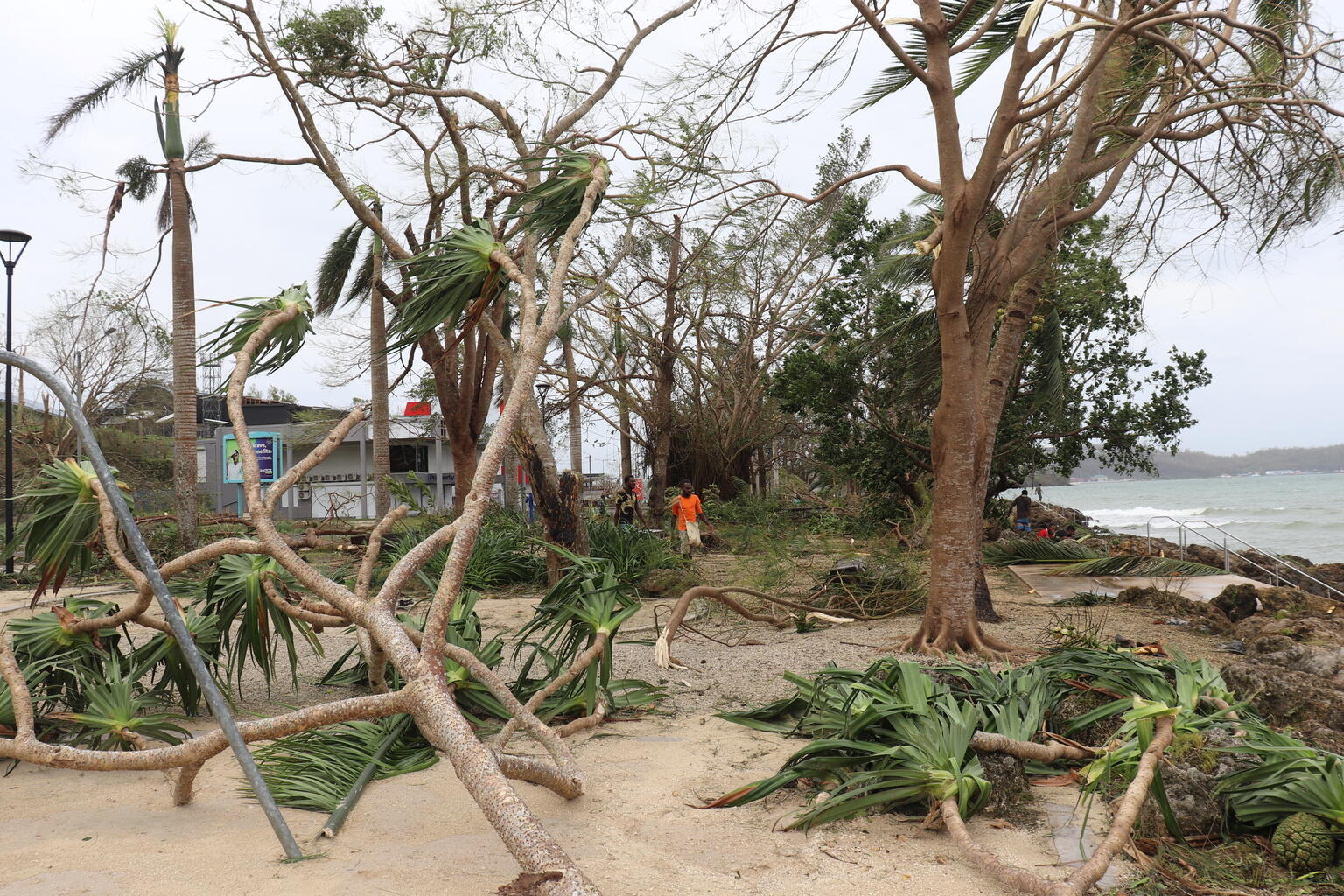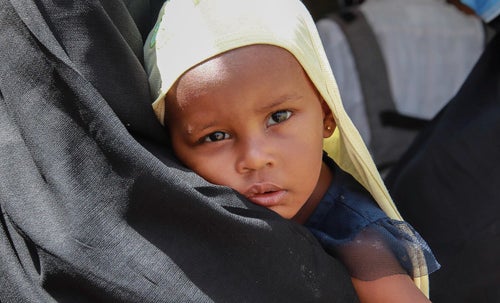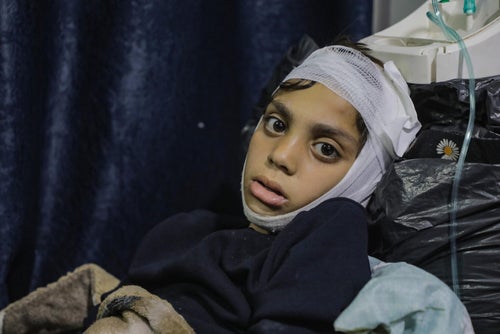Every child in the world is already affected by at least one climate or environmental shock, and over one billion are at extremely high risk.
In the Pacific Islands Countries and Territories (PICTs), the situation is particularly concerning. The region is one of the most affected and vulnerable to the impacts of climate change, environmental degradation, and biodiversity and habitat loss.
The 2021 World Risk Index identifies five PICTs are among the top 20 most at-risk countries in the world, including Vanuatu, Solomon Islands, Tonga, Fiji and Kiribati.
The climate crisis is a child rights crisis, and nowhere is that more evident than in Vanuatu, after a double climate disaster hit the region this week.
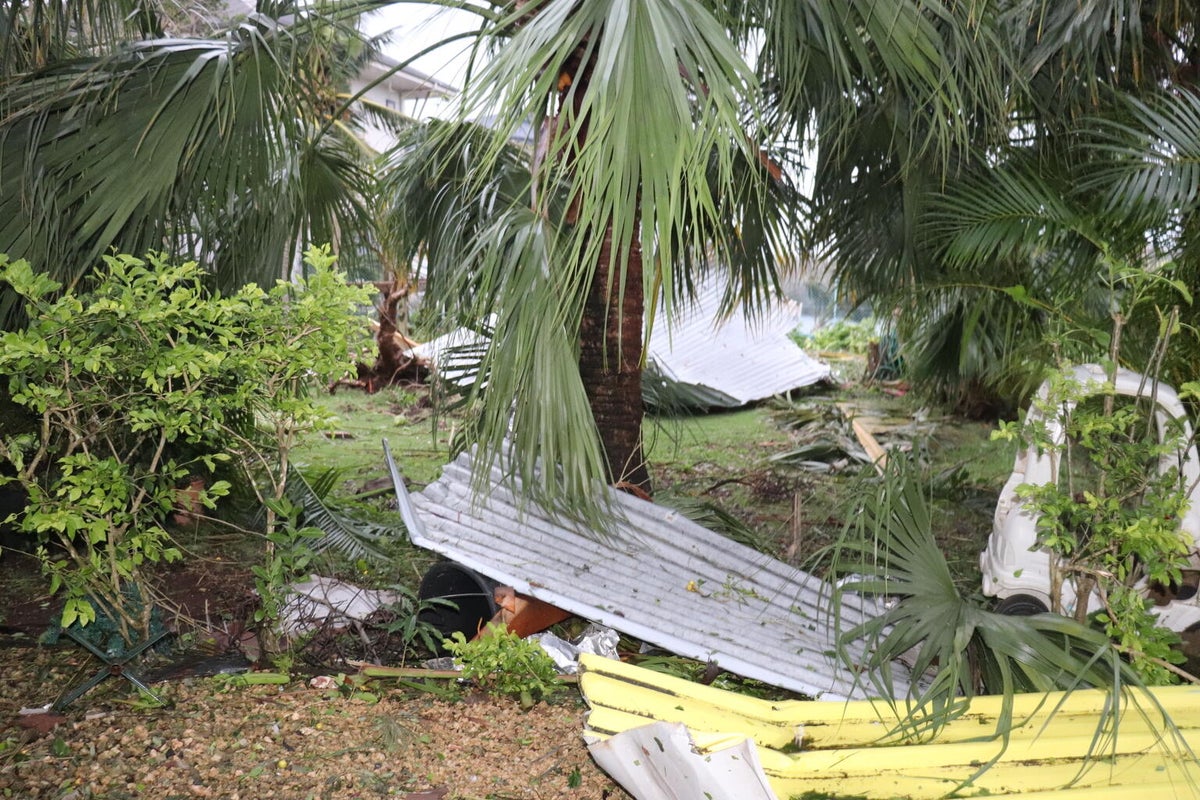
Double climate disaster in Vanuatu
On 1 March 2023, Vanuatu was hit by tropical cyclone Judy, unleashing hurricane-force winds that battered the capital of Port Vila and caused widespread destruction to buildings, power lines, and infrastructure. Barely a day later, tropical cyclone Kevin struck the island nation, compounding the damage and leaving a trail of destruction in its wake.
To add to the devastation, a 6.5 magnitude earthquake was also reported in the north of the country.
These consecutive climate-driven disasters have brought immense hardship and disruption, leaving an estimated 58,000 children in need of humanitarian assistance.
"Vanuatu is used to natural hazards, but I think this is the first time it has had two cyclones back-to-back."
Children bear the brunt of the impacts of climate crises
Cyclones inflict damage without discrimination, disproportionately affecting the most vulnerable and children.
A child that can’t go to school due to a climate disaster, such as a cyclone, is a child who misses valuable learning opportunities. And when these disasters occur repeatedly, a child’s future potential is at risk.
Children and young people around the world face serious, unique short and long-term impacts from more frequent and intense disasters, including mental health, education outcomes, and longer-term life trajectories.
Marie, a seven-year-old girl from Vanuatu, is among the thousands of children affected by the devastating cyclones. Along with her parents, she is currently taking shelter at an evacuation centre.
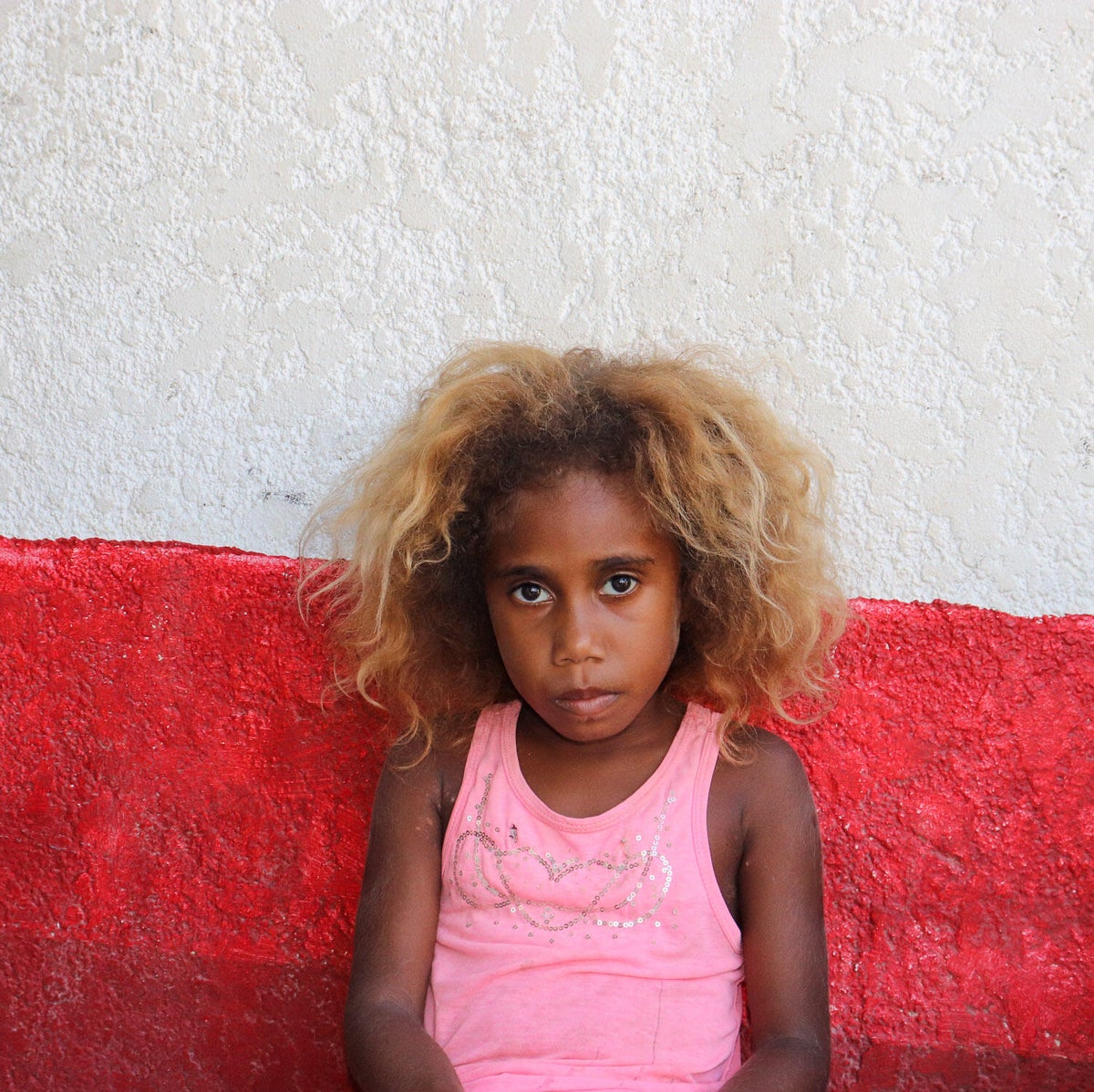
"I looked outside and could see the trees moving and iron roofing from other houses flying in the wind. It was very scary."
Sadly, Marie’s house has been destroyed, and she doesn’t know when she will be able to return to school again. No child deserves to see their home destroyed.
Ongoing needs as the recovery begins
Currently, access to safe water is a critical need. There is no running water in the affected areas, and river water can’t be used due to contamination caused by the cyclones. Healthcare facilities and medical supply stores have been damaged, putting a strain on the health system and access to essential healthcare for those in need. Education has also been severely impacted, with a significant number of schools either closed or damaged, which will impact the ongoing education of many children in Vanuatu.
UNICEF is already on the ground, working with partners to ensure the effective distribution of essential emergency supplies, including tents, hygiene kits, water filters, water tanks, tarpaulins, recreational kits, school-in-a-box materials, early childhood development kits, and midwifery kits.
For every child, a healthy planet
The needs and priorities of children and young people during and after natural disasters, like cyclones, are often invisible. We believe safeguarding children’s future is just as essential as providing immediate emergency relief during times of natural disasters.
Beyond our emergency response, the best investment we can make for children in Vanuatu and other countries in the Pacific Islands region, is to ensure the services they need to survive, grow and thrive are resilient to climate and environmental shocks and to support them with the education and skills they will need to adapt and create a green transition and better world.
Always there before, during and after an emergency, UNICEF will stay and deliver for the children of Vanuatu, to ensure that every child, adolescent, and community live in a clean, healthy, and sustainable environment, today and in the years to come.
Related articles
Stay up-to-date on UNICEF's work in Australia and around the world



